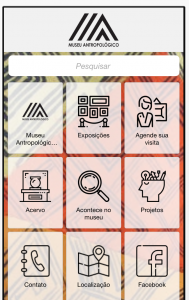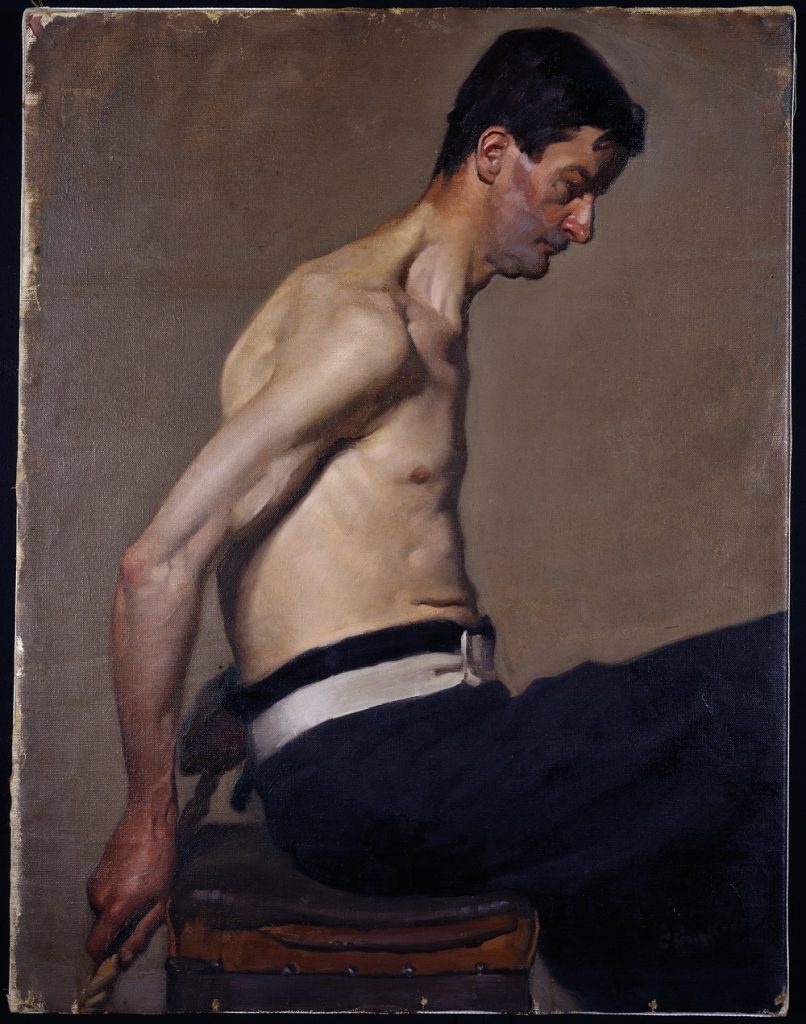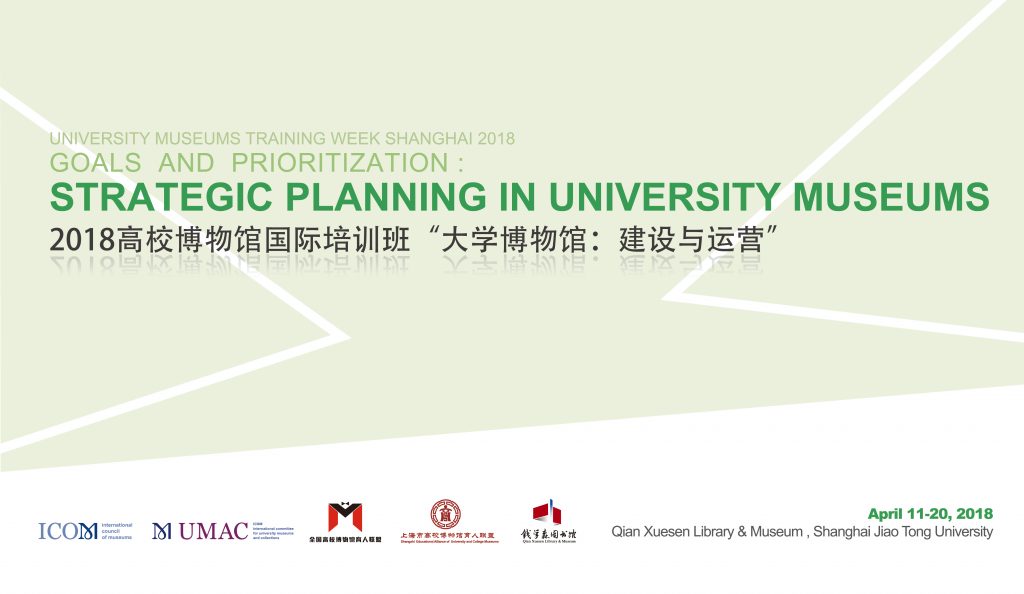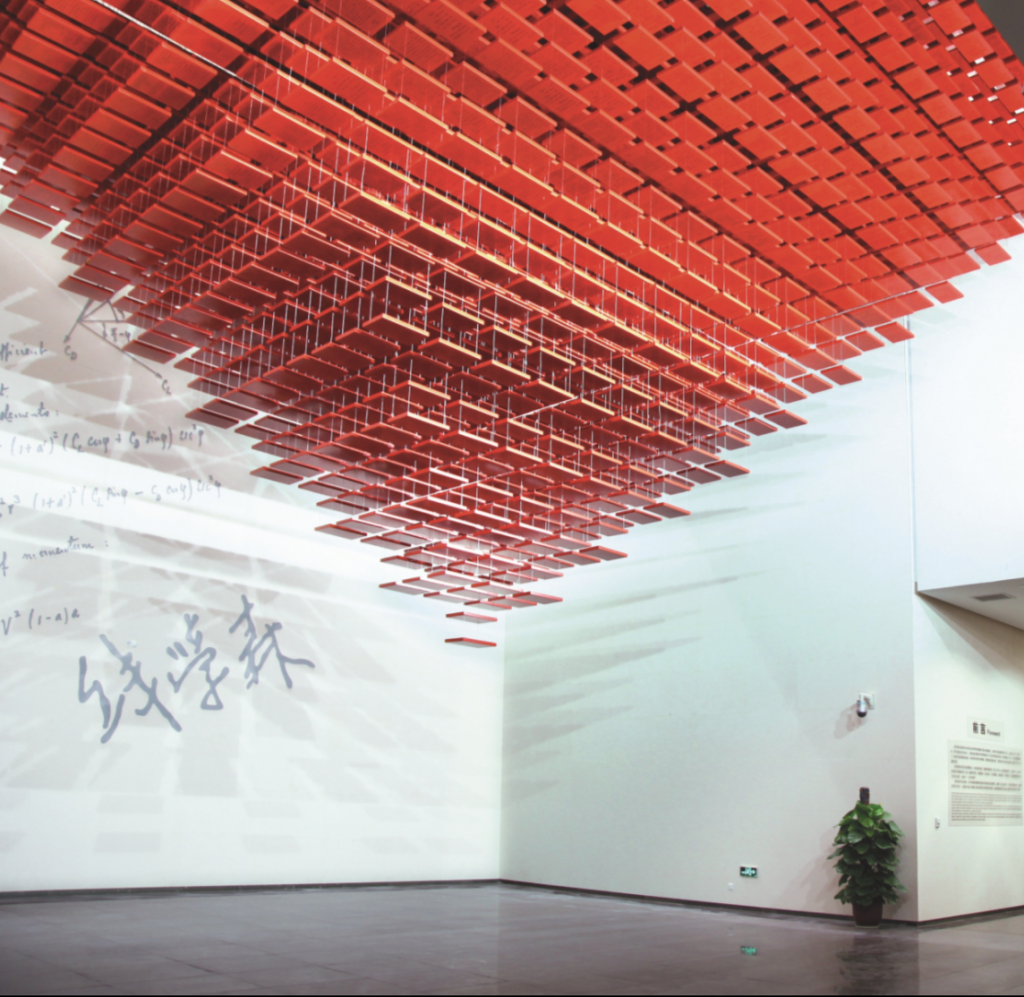The timing couldn’t be better: on May 18, 2018, International Museum Day — theme: Hyperconnected Museums — the Anthropology Museum of the Federal University of Goiás, Brazil, launched its museum app.

Download it here and have fun! Congratulations!
The timing couldn’t be better: on May 18, 2018, International Museum Day — theme: Hyperconnected Museums — the Anthropology Museum of the Federal University of Goiás, Brazil, launched its museum app.

Download it here and have fun! Congratulations!
See more details here. Until 10 June.

University of Melbourne
VCA Art Collection
Continue reading → “COLLECTION OF THE MONTH: VCA Art Collection, University of Melbourne”
The three nominees for the UMAC Award 2018 have just been announced. This year we have fantastic projects from the Université Libre de Bruxelles (Belgium), the University of Coimbra (Portugal) and Perm University (Russia).
Read more about them here.

On April 11th, the University Museums Training Week Shanghai 2018 (UMTWS 2018), co-organized by University Museums and Collections (UMAC) of International Council of Museums (ICOM), National Educational Alliance of University and College Museum (NEAUCM), Shanghai Educational Alliance of University and College Museums (SEAUCM), and Qian Xuesen Library & Museum of Shanghai Jiao Tong University (QLM-SJTU), was officially opened at Qian Xuesen Library & Museum. The opening ceremony ended up with an extremely vibrant and heated panel discussion themed on “University Museums: Striving towards Excellence”. The experts of university museums from various countries delved into in-depth dialogues in the discussion. Fresh perspectives are presented and debated for the future development of university museums in China.
Learn more.

Shanghai Jiao Tong University
Qian Xuesen Library and Museum
Continue reading → “COLLECTION OF THE MONTH: Qian Xuesen Library and Museum, Shanghai”
UMAC is delighted to announce that this year’s edition of the University Museum Training Week Shanghai is better than ever!
It will take place between 11 and 20 April at the Qian Xuesen Library and Museum, Shanghai Jiao Tong University.
Superb program.
See more info here.

The International Council of Museums is now on Instagram!
We are following ICOM already — what about you?
See the account here.
The Council of Australian University Museums and Collections is currently calling for proposals for our symposium to be held at the Australian National University on April 6.
While the symposium is primarily a way for us to gauge the Australian experience of this issue, we also welcome international perspectives. Even if you are not able to attend the symposium, we’d love to hear responses to these questions from your part of the world. We’d be interested in putting together a document to be made available at the symposium that gives an international perspective.
So recasting the symposium questions for an international audience:-
We welcome the thoughts of university curators, researchers, professional staff, administrative staff, university leaders and students who would like to help shape our thinking on this issue.
Read more.